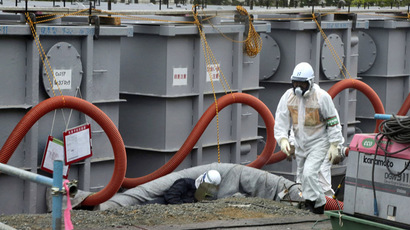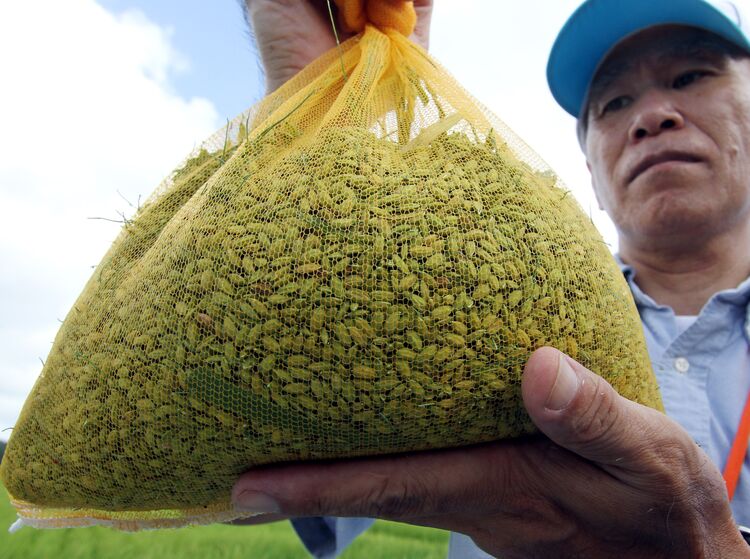Ford and GM reported profits in July. They also reported increased U.S. sales. Ford claims 9% increase, GM an 8% increase, while Chrysler claims an incredible 20% increase in U.S. sales.
This while Japanese car makers Toyota and Honda reported that their U.S. sales crashed by more than 20% each.
Despite Chrysler reporting a 20% increase in sales, they claimed a net loss in profits, from buying back stocks from the U.S. taxpayers (interestingly the U.S. taxpayer also lost money).
Ford reported a small 9% increase in sales, but a big increase in profits. One reason is because they jacked up the prices of their cars. According to one report, the price increases accounted for $900 million of Ford’s profit. Profiting by inflation. Ford’s Chief Financial Officer, Lewis Booth, said they expect a drop in U.S. sales in the second half of 2011.
GM reported a small 8% increase in July sales, with a profit of $2.5 billion. Remember GM still owes U.S. taxpayers for the bailout. However analysts say now would be a bad time for taxpayers if GM decided to buy back its taxpayer (U.S. Treasury Department) held stock. Just like the Chrysler buy back taxpayers would lose big time. Most of GM’s sales came from pickup trucks. The problem is that GM still has a surplus of pickup trucks, equal to a 115 day supply. In order to get the surplus inventories down GM will continue with planned factory shut downs, that means more people out of work. GM officials also expect the second half of 2011 to be hard on sales.
Mitsubishi reported an amazing 41% increase in July sales, while sales for most other Japanese companies stalled or crashed.
German car makers did well: Volkswagen reported a respectable 21% increase (not counting their AUDI brand). Mercedes had a 13% increase. BMW increased by 11%.
British companies Jaguar and Land Rover went in opposite directions, with Jaguar down 0.3% and Land Rover up 22%.
The problem is that you can’t go by percentages. Here’s an example: Even though Toyota’s U.S. sales for July were down 22.7%, they still sold 130,802 vehicles in one month. Compare that to Chrysler’s huge gain of 20%. In July they sold 112,026 vehicles, still less than Toyota.
For another example of how percentages can deceive, let’s look at Mitsubishi and GM. Mitsubishi reported an amazing 41% increase in July, but the actual number of vehicles sold that month was only 7,972. GM reported a 8% increase in U.S. sales. Sounds small, but the actual number of vehicles they sold in July is 214,915. That makes GM the sales leader, however GM officials pointed out they’re still stuck with a surplus of vehicles to sell.
So, is the auto industry on the rebound, or not? Overall light vehicle (cars & pickup trucks) sales indicate that the auto industry stagnated in the month of July. Car sales down 3%, pickup truck sales up 4.8%, almost cancelling each other out.
Data from Autodata Corp




